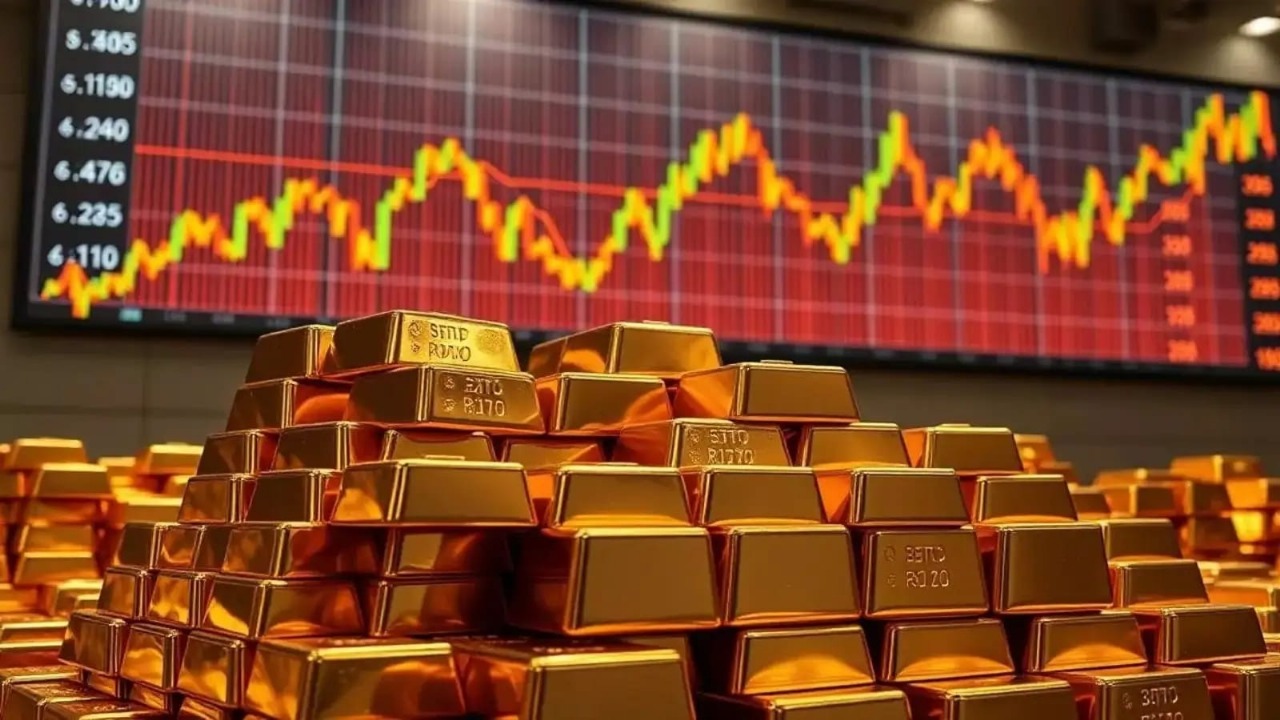
Follow WOWNEWS 24x7 on:
Updated: June 28, 2025 14:48

As geopolitical tensions flared in the Middle East following U.S. strikes on Iranian nuclear facilities, global financial markets responded with a mix of caution, resilience, and strategic repositioning. The conflict, which escalated rapidly in late June, has not only rattled oil and currency markets but also prompted a reassessment of risk appetite among institutional and retail investors alike. From safe-haven flows to surprising retail confidence, the global investment landscape is undergoing a subtle but significant transformation.
Here’s a detailed look at how investor behavior has evolved in response to the unfolding crisis.
Key Developments Shaping Market Sentiment
- The U.S. dollar surged as investors sought safety amid fears of broader regional instability
- Oil prices spiked to a five-month high before retreating, reflecting volatility in energy markets
- Wall Street indices dipped slightly, with the S&P 500 and Nasdaq showing modest declines
- Retail investors remained surprisingly bullish, continuing to pour funds into AI, crypto, and fintech sectors
- Iran’s threat to close the Strait of Hormuz added to global supply chain anxieties
Safe Havens And Strategic Shifts
The immediate reaction to the conflict saw a classic flight to safety:
- The dollar gained against major currencies, particularly the yen and euro
- U.S. Treasury yields dipped as demand for government bonds increased
- Gold saw a brief uptick, though gains were muted compared to past geopolitical crises
Meanwhile, oil markets experienced a sharp but short-lived rally. Brent crude futures jumped initially but settled lower by the end of the trading day, suggesting that traders are pricing in both risk and potential diplomatic de-escalation.
Retail Investors Defy Conventional Wisdom
In a surprising twist, retail investors—particularly in the U.S.—showed little sign of panic:
- Robinhood reported steady trading volumes and continued interest in high-growth sectors like Nvidia and Tesla
- Crypto and fintech assets remained popular, with no major outflows despite the geopolitical headlines
- Analysts noted that events which once triggered overnight sell-offs now barely register as market-moving for retail traders
This resilience is being attributed to a more seasoned retail base, accustomed to volatility and increasingly focused on long-term thematic plays like AI and decentralized finance.
Institutional Caution And Portfolio Rebalancing
While retail investors held firm, institutional players took a more cautious stance:
- Asset managers began rotating out of emerging markets with high oil exposure
- Defensive sectors such as utilities and healthcare saw increased inflows
- European investors showed heightened sensitivity to currency fluctuations and energy dependencies
Some firms also began stress-testing portfolios for potential disruptions in oil transit through the Strait of Hormuz, which handles nearly 20 percent of global crude shipments.
Broader Economic Implications
Beyond immediate market reactions, the conflict has raised concerns about inflationary pressures and central bank responses:
- Elevated oil prices could complicate monetary policy decisions, especially in energy-importing nations
- Currency volatility may impact trade balances and corporate earnings forecasts
- Any prolonged disruption in Middle Eastern supply chains could ripple through global manufacturing and logistics
Looking Ahead: What Investors Are Watching
- Iran’s next move, particularly regarding the Strait of Hormuz
- Diplomatic responses from the U.S., EU, and Gulf states
- Central bank commentary on inflation risks tied to energy prices
- Shifts in retail sentiment if tensions escalate further
While the situation remains fluid, one thing is clear: the Middle East conflict has reawakened geopolitical risk as a central theme in global investing. Whether this leads to a sustained shift in asset allocation or proves to be a short-term tremor will depend on how the next few weeks unfold.
Sources: Benzinga, Devdiscourse, J.P. Morgan, Corient Private Wealth, Discovery Alert Australia



